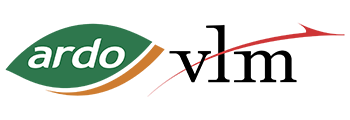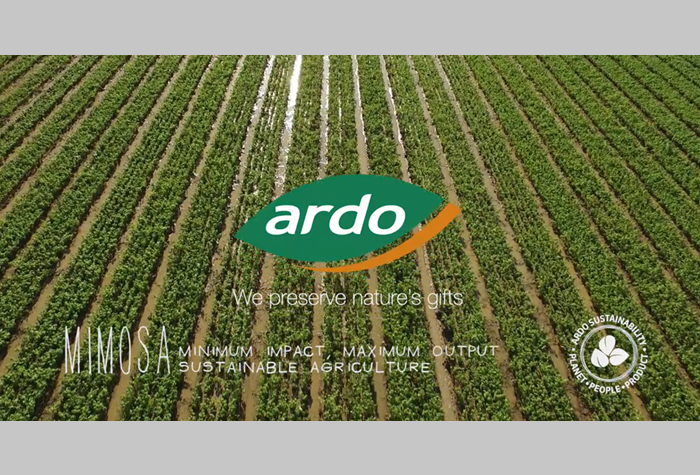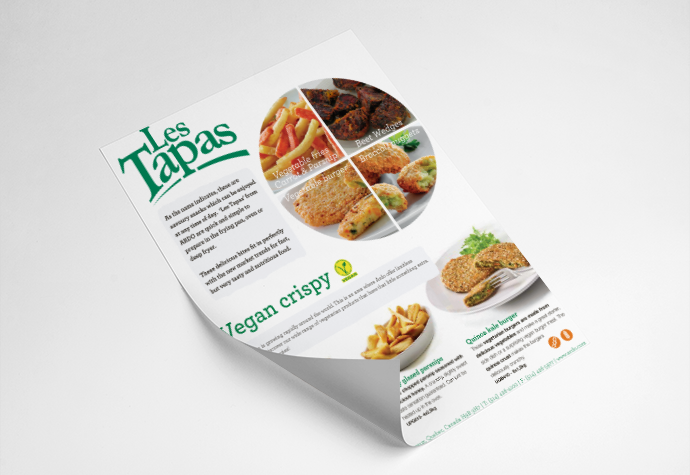With the U.S. Food Safety Modernization Act bringing with it new federal regulations on top of existing product liability obligations, it has never been more important for the U.S. buyer to not only know where their products are coming from but who is ensuring regulatory compliance and how. After all, there are importers for whom import food safety oversight amounts to little more than blind faith. Blind faith in their sales staff making frequent foreign plant tours and blind faith in placing orders with “good companies”. Blind faith as well in withholding payment in return for a supplier issued Certificate of Analysis believing that doing so constitutes meaningful food safety due diligence…irrespective of whether the importer can actually read the COA let alone determine if the COA’s data actually indicates that any given product is in fact eligible for entry into the American market. Is this what passes as “oversight” protecting your brand and your business?
Buyer, know your exposure
As we all know, social media can make or break a brand or a business overnight and companies that are rightly or wrongly associated with product harm have a great deal to lose. That fact alone ought to instill meaningful product safety oversight from field to fork. Additionally, many in the C-suite are increasingly paying attention to recent Department of Justice moves in which the DOJ has made use of the once dormant Park doctrine enabling prosecutors to seek convictions of food industry executives without needing to prove that corporate officers were even aware of their organization’s wrongdoings. And then there are FSMA’s 50 or so new rules and regulations which include granting FDA new regulatory reach (new standards for fresh produce, de facto foreign “jurisdiction” ) and enforcement powers ( administrative detention, mandatory recall ) not to mention matters that can lead to U.S. buyers of imported foods (be they manufacturers, distributors or retailers) being deemed to be operating as the FDA Importer regardless of what supply chain actor operates as the Customs importer. As a buyer of imported foods are you really aware of your exposure?
Qualified Compliance Specialists
At VLM we like to think of ourselves as being in the brand protection business. Our team of Certified Customs Specialists; logistics professionals and our industry leading regulatory affairs expertise sees VLM benefiting from unparalleled trade facilitation measures. One of only seven companies to be certified by the U.S. Department of Homeland Security as a Trusted Trader Program Partner, VLM was also among the earliest industry participants to be welcomed by U.S. Customs and Border Protection into a CBP Center of Excellence and Expertise providing VLM with trade facilitation measures enhancing our speed to market metrics while adding to our supply chain reliability scores.
Additionally, VLM’s in-house HACCP trained food safety documentation analysts are but one part of our food safety team that also includes VLM QC inspectors permanently stationed overseas as well as an in-house BRC trained auditor with GFSI certification across a range of food safety disciplines who is also FSPCA certified as a food processor Preventive Controls Qualified Individual (PCQI).
Meaningful Oversight
FSMA’s focus is on preventive controls and that is certainly true of FSMA’s import regulations requiring importers to evaluate all reasonably foreseeable physical, chemical and biological hazards as well as determining how any such hazards are mitigated by whom and how such activities are monitored, validated and subsequently corrected if/as needed with the statute also requiring that foreign supplier verification programs be carried out by appropriately qualified individuals. Clearly those importers relying on someone from accounting to ensure food safety have a great deal of ground to make up.
Having said this, meaningful preventive controls are not limited to facility issues but must also account for food specific risks and regulatory matters. For example, a 2012 Salmonella outbreak led to mango being classified by the U.S. FDA as a high risk food while those lovely haricots verts that one might enjoy at a multi Michelin star rated bistro in Paris can be perfectly compliant with EU chemical residue levels but still end up being violative of U.S. MRLs rendering those tasty beans adulterated under U.S. law and therefore ineligible for entry into American commerce. FDA is expected to begin food importer inspections in 2017 with the potential for food importers to be placed on import alert for FSVP compliance failures….those not already accustomed to undertaking meaningful due diligence activities and the tough choices they bring will need to start doing so.
As part of our day-to-day oversight activities, VLM’s integrated food safety trade compliance team employs a risk based approach to both product and foreign manufacturer hazards. Simultaneously reviewing a product’s potential hazards along with country of origin risks and a manufacturer’s compliance history, VLM may decide to execute a 2nd party audit to test the veracity of a potential supplier’s 3rd party GFSI certification and/or making use of independent laboratory testing as part of an overall approach to product-supplier evaluation. Additionally, suppliers with best in class GMPs may produce top quality products but still fall short of American regulation which then sees VLM providing pro-bono regulatory consulting services with such foreign food safety capacity building activities being of obvious benefit to our American processing, distribution and retail clientele as well.
From the power of social media to make or break a business to the expanding use of whole genome sequencing to more readily pinpoint food contamination sources, it has never been more important for a buyer to protect their organizations by relying upon qualified supply chain partners. After all, what may have passed as good enough in the recent past now places many food business at risk. As a buyer, do you have confidence in your value chain or is your brand and your business at risk from vendors employing questionable if not meaningless oversight steps? In short, are you a buyer of imported foods or are you a buyer of someone else’s regulatory problems?




